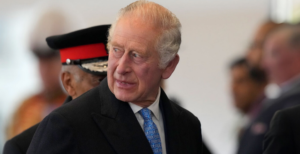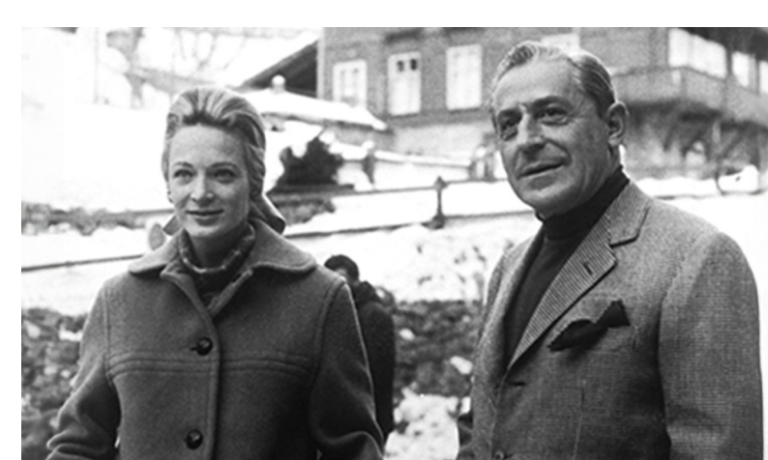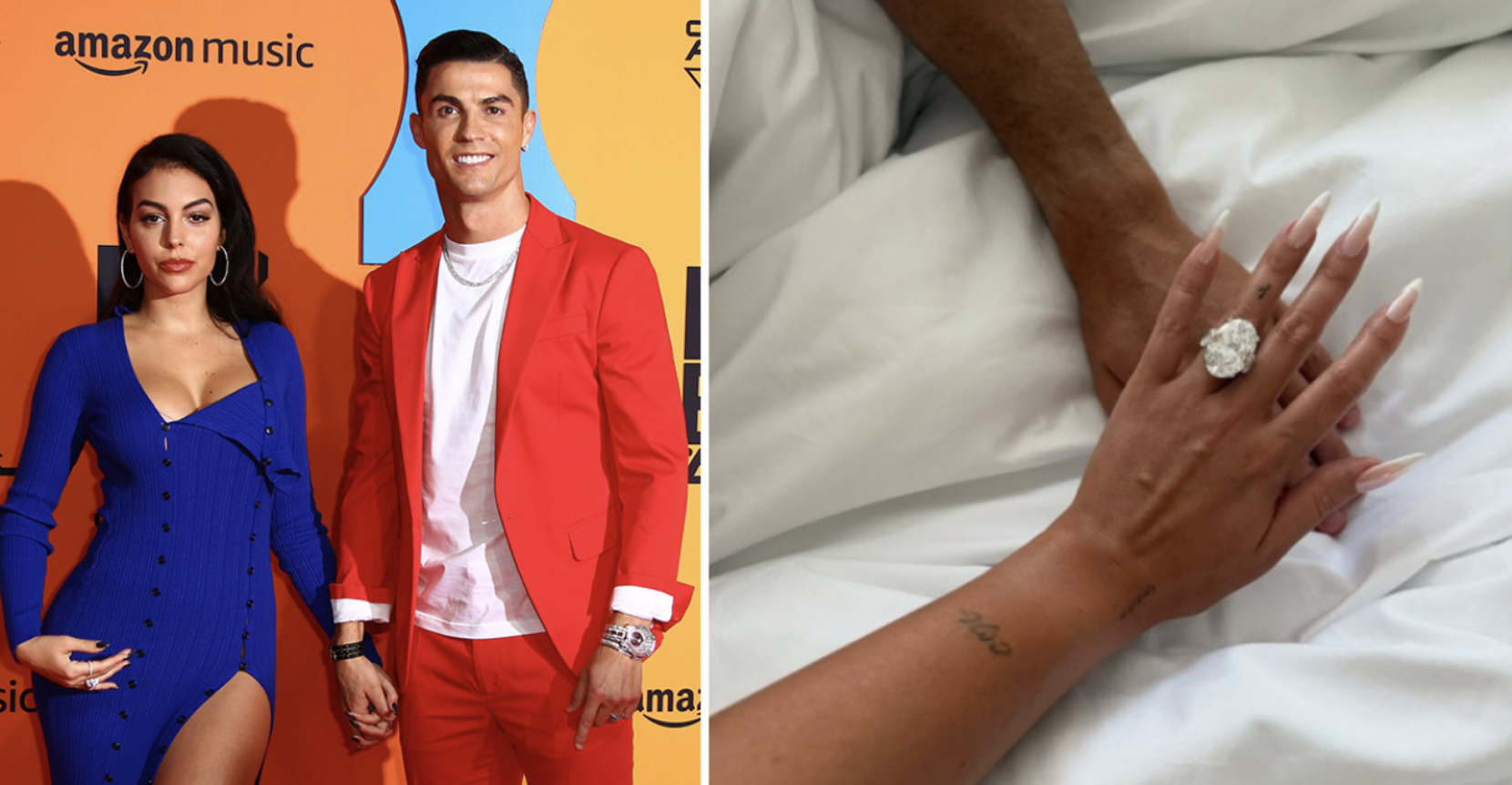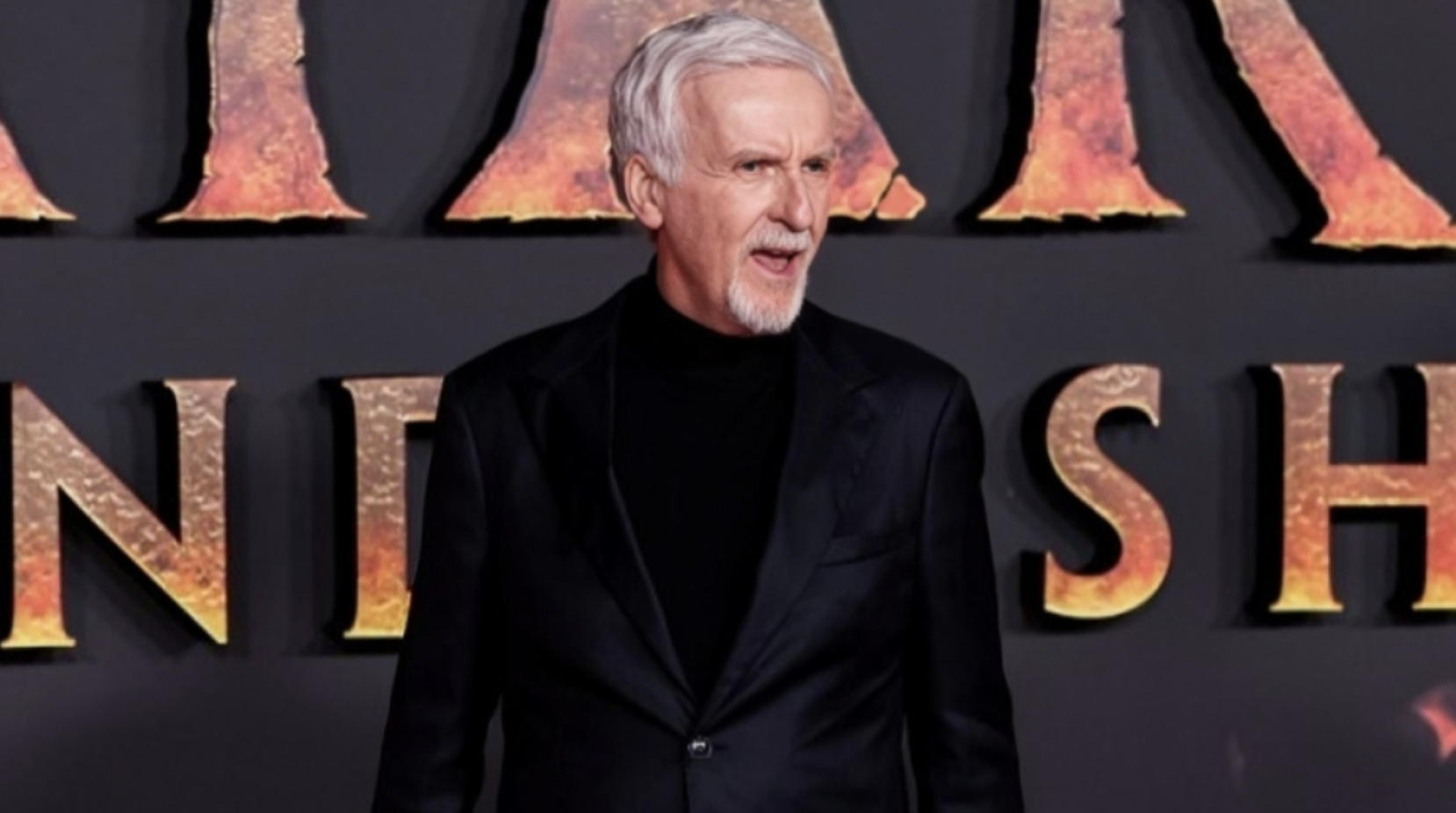The reception of the president of South Korea by King Charles had a Greek color as he chose for the occasion to wear a tie with small Greek flags as seen in the following photos.
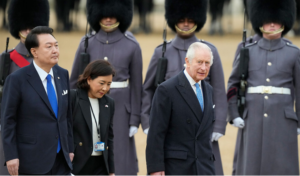
King Charles, who has Greek roots, has chosen to wear the same tie on other occasions in order to honor his origins.
Prior to welcoming Yeon Suk Yeol, the British monarch had worn the same tie on his trip to Kenya in late October.
The Greek roots of Charles
Charles III (Charles III), born in London on November 14, 1948, is now king of the United Kingdom and 14 other states of the British Commonwealth, known today as the Commonwealth of Nations, and Supreme Governor of the Church of England. His father was Prince Philip, Duke of Edinburgh and his mother was the then Princess Elizabeth, Duchess of Edinburgh, later Queen of Great Britain.
His father Philip (1921-2021), was born in Corfu with the title of Prince of Greece and Denmark. His parents were Prince Andrew of Greece, fourth son of George I and brother of Constantine I, and Alice of Battenberg. Prince Andrew was accused of disloyalty during the Asia Minor Campaign due to the movement of his unit behind the 1st Army Corps and was brought to trial were he was sentenced to death. With the intervention of the British, the French, the Spanish and others, he avoided execution and was sentenced “…to life-long banishment (exile) and reduction of his rank”.
The British warship HMS Calypso picked up Andreas’ family with Philip being carried in a makeshift cot made from fruit boxes. In 1947 Philip became engaged to his distant cousin Elizabeth. The couple was married on November 20, 1947.
A Ukrainian soldier is claiming the world’s longest sniper kill, using a gun named “Horizon’s Lord”
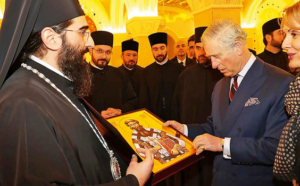
Philip participated in the Battle of Crete and the Naval Battle of Tainaros. For his action, he was honored by Greece with the Hellenic Military Cross. However, he does not seem to have had any special feelings for Greece. He never officially visited the country, although the British had given him the nickname “Phil the Greek”. He is reported to have said: “I certainly never felt homesick for Greece. A grandfather who was murdered (he means George I) and a father who was sentenced to death does not endear me to the perpetrators (perpetrators is the word he used)”.
King Charles had unofficially visited Greece several times after 1964. The first time he officially traveled to Greece was on November 22, 1998, 14 months after Diana’s tragic death. The then heir to the British throne was an official guest of the late Kostis Stephanopoulos, President of the Hellenic Republic from 1995 to 2005. His visit to Athens took place within the framework of the “Britain and Greece” Festival to attend the concert of the “Saint Music on the Fields” at the Athens Concert Hall.
According to some accounts, Charles went to Mount Athos a few days after Diana’s death. He visited the Vatopedi Monastery . Locked in a room with father Ephraim, Charles is rumored to have made a “spiritual commitment” to Christian Orthodoxy. Since then, his visits to Mount Athos increased. It should be noted that in about one years, from spring 2003 to May 2004, he visited Mount Athos three times. He was always accompanied by usually two bodyguards and politely refusing the presence of Greek officials. A fact of particular interest is that there is always an order to keep the identity of the distinguished visitor a secret.
Ask me anything
Explore related questions
